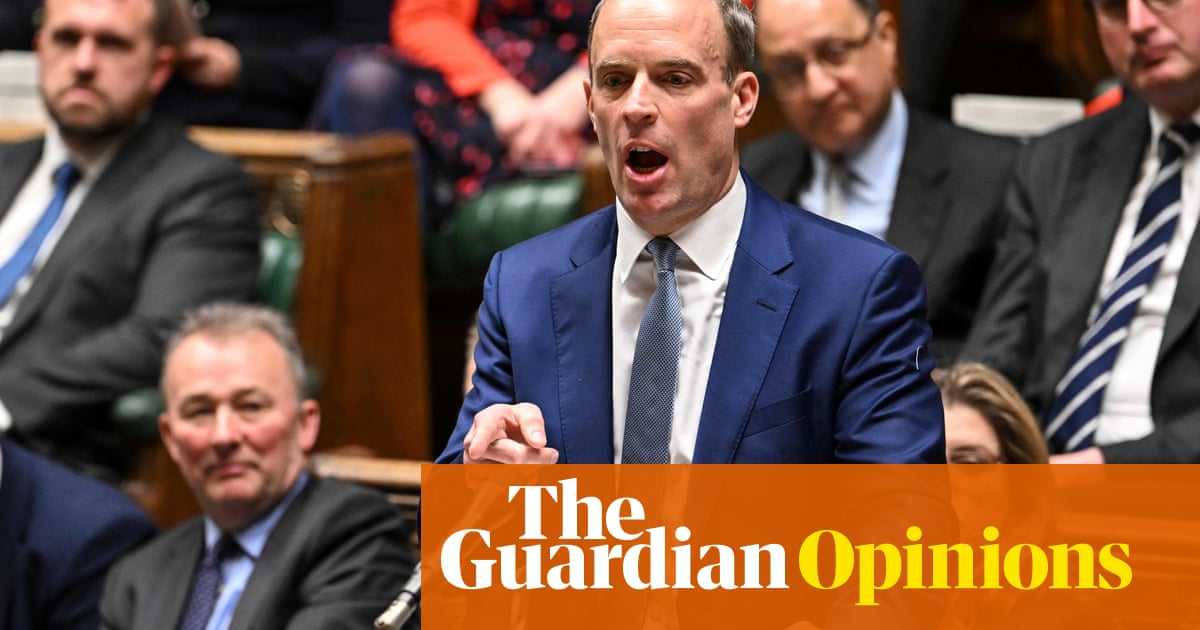
he pandemic has deepened the long-running crisis in global education. Many children around the world missed the majority of the last academic year. At the height of school closures, 1.6 billion children and young people were out of education.
Girls have been among the hardest hit. When they are not enrolled in school they are more likely to be forced into child marriage, subjected to female genital mutilation and exposed to gender-based violence. There is a real risk of a lost generation of girls, with 20 million likely to never return to school. So we must act.
We are working together on this issue because we believe that educating girls is a game changer – and it is one of the smartest investments we can make. It will help to lift people out of poverty, grow economies, save lives, and build back better from Covid-19. A child whose mother can read is 50% more likely to live beyond the age of five years, and twice as likely to attend school themselves. They are also 50% more likely to be immunised.
This is why the UK is using its G7 presidency to put the spotlight on girls’ education, rallying global leaders to increase their support. On the first day of the G7 summit, the prime minister announced a pledge of £430m of new UK aid to the Global Partnership for Education. The EU and Italy have also made commitments, with further announcements on funding expected from G7 partners in the coming days.
This support will mean real, practical support for education in 90 lower-income countries and territories that are home to a billion children over the next five years. It includes reaching the most disadvantaged children with education in Nepal, special needs education for children in Uganda, outreach programmes to keep at-risk girls in school in Sierra Leone, and supporting community schools for girls in Afghanistan.
The funding will go to the Global Partnership for Education, the largest partnership and fund dedicated to transforming education in lower-income countries. In the two decades since the Global Partnership was established, we have seen the largest expansion of primary and lower secondary schooling in history.
Kenya is a great example of where this work is helping governments make a huge difference, transforming young people’s lives. In just five years, the Global Partnership has supported the government of Kenya to train more than 102,000 Kenyan teachers and distributed 60m textbooks to primary and secondary schools. It supports hardworking headteachers like Nicholas Gathemia, from Nyamachaki primary school, which sits on the southwest flank of Mount Kenya. He says that “most of the children in our school come from the slums … a programme like this gives those children the chance to learn and to become what they are supposed to become”. Kenya has now realised the goal of universal primary education.
We must keep up this momentum. Under the UK’s leadership, the G7 has now signed up to two critical, ambitious global targets of getting 40 million more girls in school and 20 million more girls reading by age 10, or at the end of primary school, in low-income and lower middle-income countries by 2026. Through the Global Partnership, we are putting our shoulders to the wheel with the aim of training 2.2 million more teachers, building 78,000 new classrooms and buying more than 500 million textbooks, transforming opportunities for children in the world’s poorest countries.
In July, the UK and Kenya will host a landmark Global Education Summit in London to raise funds for the Global Partnership to keep up this vital work. The aim is to raise at least $5bn across five years to transform education in the world’s most vulnerable countries. This will give 175 more million children the chance to learn – that means millions of lives transformed and millions of communities with better prospects for the future.
Ultimately, education is the foundation on which communities and nations build their future. We cannot tackle poverty and inequality or fully recover from the pandemic without it.
As Malala Yousafzai said: “One child, one teacher, one book, one pen can change the world.” For the good of the next generation, it is time for the world to step up and fund education.
Dominic Raab is British foreign secretary; Julia Gillard, former prime minister of Australia, is chair of the Global Partnership for Education












